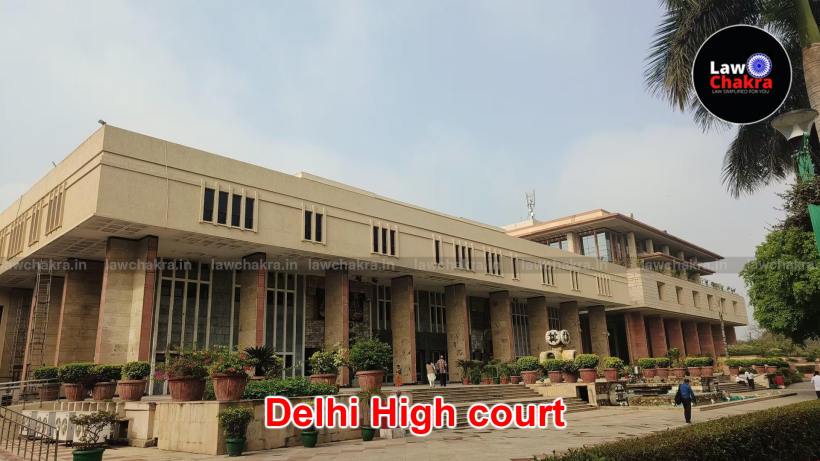‘Operation Sindoor’ Trademark Applications Filed In The US And UK

In India, there has been a rush to claim the trademark rights to “Operation Sindoor”. As of mid-May 2025, at least 14 applications have been filed across different classes and sectors.

After the recent Indian military strike named Operation Sindoor—carried out in response to the Pahalgam terror attack on May 7, 2025—the phrase has caught the nation’s attention.
The name “Operation Sindoor” has quickly become popular, with “‘Operation Sindoor’ Trademark Applications Filed in the US and UK” symbolising Indian traditions of sacrifice and bravery. This emotional and patriotic connection has made the phrase valuable, not just for the armed forces but also for commercial and media purposes.
As a result, trademark applications for the phrase “Operation Sindoor” have been filed in India, the United States, and the United Kingdom, covering a wide range of services like media, broadcasting, and entertainment.
In India, there has been a rush to claim the trademark rights to “Operation Sindoor”. As of mid-May 2025, at least 14 applications have been filed across different classes and sectors.
These include:
- Media and entertainment
- Apparel and merchandise
- Digital content and services
Out of these, 13 different individuals and companies have tried to register the mark. Interestingly, the Indian business giant Reliance was the first to apply for the trademark under Class 41 (entertainment services). However, it withdrew the application the very next day.
“Operation Sindoor” refers to a recent Indian cross-border military strike launched by India following the Pahalgam terror attack.
The May 7 operation sparked nationwide attention, and the phrase, Operation Sindoor, quickly gained symbolic weight, with “sindoor” evoking traditional Indian notions of sacrifice and valour.
In the US, the phrase “OPERATION SINDOOR” was filed as a service mark on May 9, 2025, by Rohith Baharani, an individual based in New York.
The application has been submitted under International Class 041, which includes:
“Providing a trademarked entertainment title for licensing or sale to production companies, streaming services, or distributors.”
It was filed on an “intent to use” (ITU) basis. This means that the mark has not been used commercially yet but will be used in the future. The application is currently awaiting examination by the United States Patent and Trademark Office (USPTO). It falls under U.S. Classes 100, 101, and 107, which relate to service and certification marks.
In the United Kingdom, an application for “Operation Sindoor” was filed on May 8, 2025, by Vikas Mahajan, a resident of Devon, England. This UK application covers:
- Class 35: Advertising and business services
- Class 38: Telecommunications
- Class 41: Education and entertainment services
If successfully registered in the US or the UK, the owner of the trademark will get exclusive rights within that country for the specific services listed in the application.
These rights include:
Enforcement against unauthorised use,
Commercial licensing, and
Initiating infringement actions.
However, trademark rights are territorial, which means that a trademark registered in the US or UK will not be valid in India unless the applicant also files separately in India or uses the Madrid Protocol.
India, the US, and the UK are all members of the Madrid Protocol, a global system that allows trademark owners to apply for protection in multiple countries through a single application.
This means that someone who registers the mark “Operation Sindoor” in the US or UK can:
Use the Madrid system to designate India for protection, and
Oppose Indian applications if their international registration is recognised during India’s examination process.
However, under Indian law, foreign applicants must show actual use or intent to use the trademark in India.
In India, military operation names like “Operation Sindoor” do not automatically get intellectual property protection. The Ministry of Defence does not usually register or commercialise the names of military operations. These names are not protected under any special legal framework.
Therefore, unless the government steps in, these names are open to trademark claims by private individuals or companies.
However, the Trade Marks Act, 1999 does give the Indian Trademark Registry the power to reject trademarks that are: Misleading, Offensive, or Contrary to public policy.
Moreover, Section 11(2) of the Act also allows for the protection of “well-known trademarks”, even if they are not registered in India.




